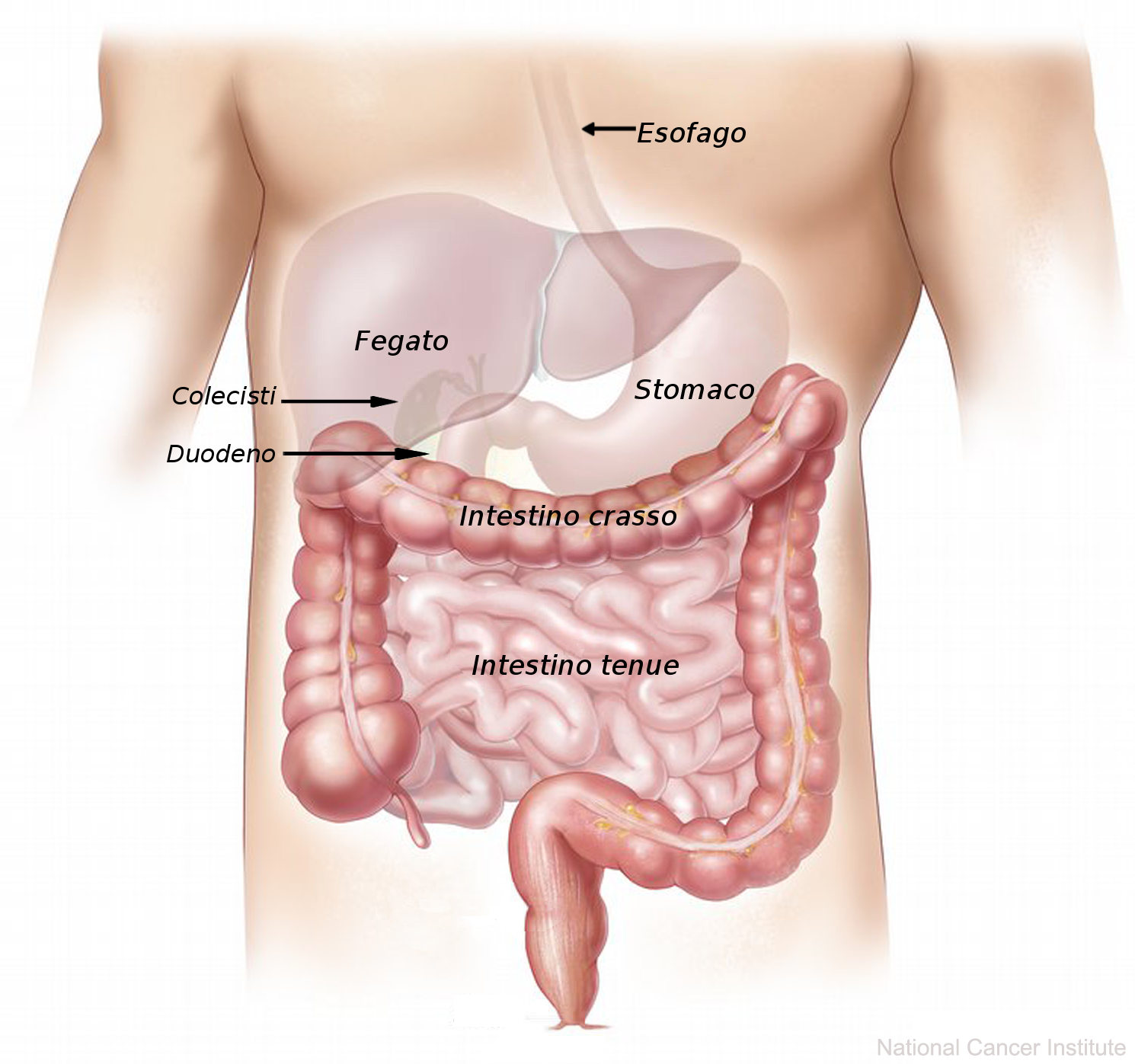It’s seemingly becoming a much more common condition, yet the treatment options for IBS aren’t exactly published in black and white. This is one condition whereby a trial-and-error approach is required; what works for one patient most certainly might not for another.

While work from the likes of Lisa Marie Cannon has helped some people, it’s sometimes worth looking at the various treatment options that are provided to IBS sufferers. We’re not talking about diet-related changes here – in truth, there are countless changes to your diet you can make to manage the problem and again, what works for one individual might have no effect on someone else.
Let’s now look at some of these treatment options and how they vary from patient to patient.
Antispasmodics
This is one of the simplest forms of treatment open to IBS sufferers. Antispasmodics are able to relax muscles in your digestive system and ultimately ease the pain. One example of an antispasmodic treatment is peppermint oil.
While this can be a common form of treatment, some people may suffer from heartburn as a side effect.
Antidepressants
We touched upon the fact that there’s no standard treatment process for IBS earlier and this is perhaps highlighted with the use of antidepressants.
Doctors will tend to prescribe either tricyclic antidepressants (TCAs) or selective serotonin reuptake inhibitors (SSRIs).
The former will be turned to if the patient has already tried antispasmodics and is still suffering from the cramps that the condition can promote. The idea is that TCAs can reduce the signals which are sent to your nerves from your digestive system and effectively mask the pain. It’s worth mentioning that these may only start to become effective after four weeks, meaning that they do require a period of testing. Some people may suffer from several side effects including a dry mouth and constipation, although these should subside following the first few days.
In the case of SSRIs, these work a little differently but again work to ease the pain. Side effects can still occur, with diarrhea and constipation being the two most severe.
Laxatives
If a patient suffers with constipation because of their IBS, they will nearly always be prescribed a laxative to attempt to ease the pain.
Of course, the nature of IBS means that there is a very fine line. It’s for this reason that patients will start on a low dose before gradually increasing until they make sufficient difference. By taking this gradual approach, it can also minimize any side effects.
Antimotility medicine
We’ve just looked at how to treat IBS which causes constipation, and if we look at the other side of the coin there are antimotility medicines to combat the problem if it is causing diarrhea.
The way in which these medicines work is by making the bowel contractions much slower. The knock-on effect of this is simple; food will pass through your digestive system at a slower rate and your stools should therefore become harder because of the increased time.
